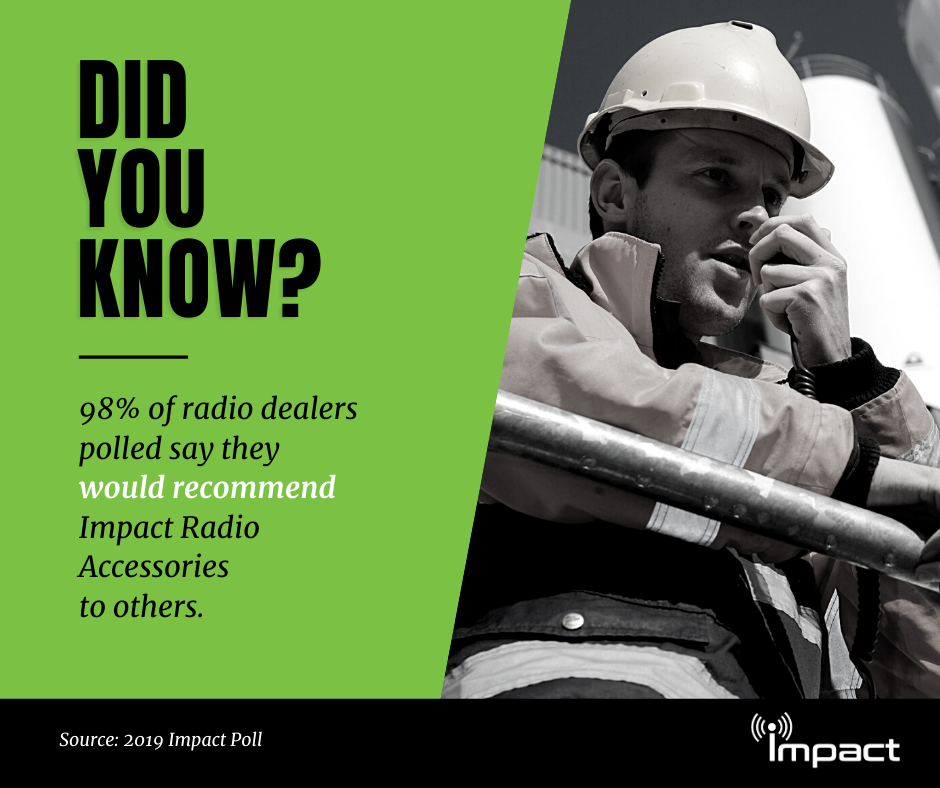With the second wave of COVID-19 upon us, everyone is keen to learn how to maintain a more hygienic environment and two-way radio accessories are no different.
Oftentimes, radio users are expected to share accessories because there are limited replacement parts in stock and/or employers are managing a strict budget. However, there are numerous affordable replacement part options and budget-friendly accessories when a complete replacement is required.
If accessory users aren’t regularly cleaning their radio and accessories after every use (unfortunately it happens), then users can and should expect new replacement parts before they share/wear the same radio or accessory. It’s actually pretty gross to wear the same earpiece!
Here we outline common radio accessories that should be regularly replaced and how often:

Parts that need to regularly be replaced:
While there is no hard and fast rule, here are some factors to consider:

Investing in replacement parts is far more cost-effective than replacing the accessory altogether so it’s important to consider the following:
Provide peace of mind to your radio users by enabling them to regularly clean and/or replace body-touching parts. To help prolong the hygiene of your accessories, read how to clean your radio accessories and acoustic tubes.
Contact us today to learn more about how Impact’s two-way radio accessories can help you maintain a more hygienic environment.
Impact Radio Accessories is your #1 source for two-way radio accessories. We are a world leader in the design and manufacture of communication products including surveillance kits, speaker mics, radio battery chargers, headsets, and adapters. Impact’s accessories are trusted by demanding industries and applications such as public safety, security, construction, healthcare, manufacturing, transportation, hospitality, and beyond. OEM quality radio accessories at aftermarket prices.
Category: Earpieces, Education Industry, Headsets, LEARNING CENTRE, Surveillance Kits, Warranty/Returns
Tags: Cleaning Tips, COVID-19, Hygiene